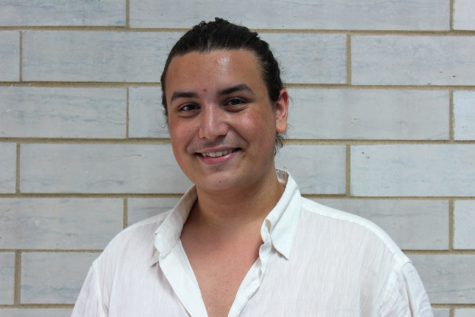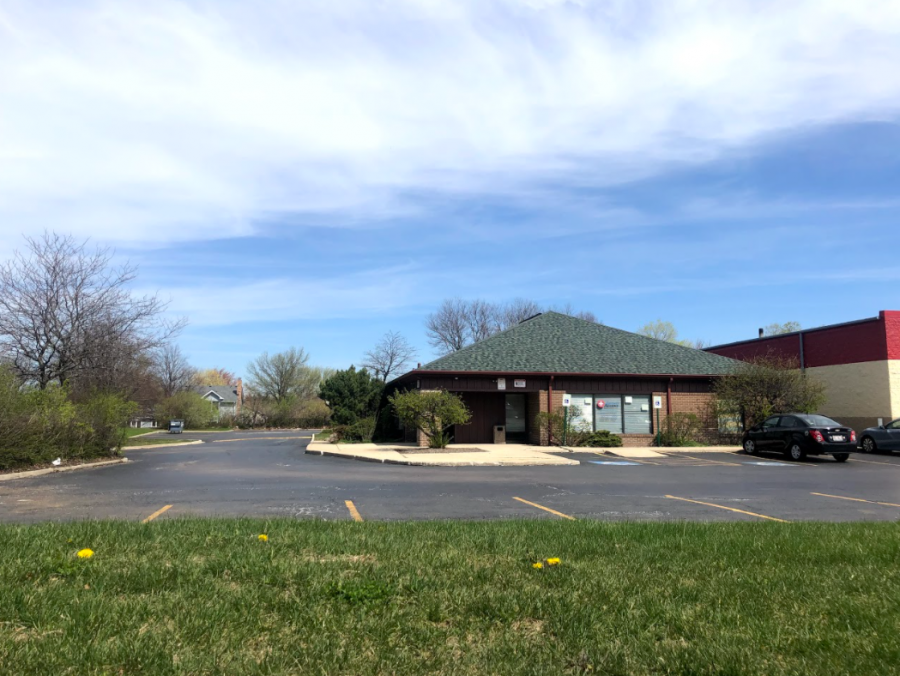Protests around abortion spark conflicting viewpoints
Conflicts between the viewpoint of pro-choice and pro-life have been around since the practice first started.
Last week, the 40 Days for Life organization, aiming to end abortion through prayer and fasting in front of abortion clinics, wrapped up their last day of prayers. Protests spark conflicting emotions from several different stakeholders.
Michael Clark, head of the local 40 Days for Life project in Downers Grove, speaks about their mission and how they spread it.
“[40 Days for Life] was established in 2007 for the purpose of ending abortion around the world and as an international scope this year we probably have prayer vigils around 30 countries. There are two prayer vigils a year, one happens in the spring one happens in the fall, and they run for six weeks, which is the 40 days, and so the prayer vigils are held outside of abortion facilities. Nobody thinks of this as a protest; it’s a prayer vigil, so you go there and pray silently, and that’s what the vast majority do,” Clark said.
Clark elaborated on the belief system that the 40 Days for Life organization holds.
“The idea is that life begins at conception, and so this is a right, and we would like to see that person enjoy that right to life,” Clark said.
The 40 Days for Life organization protests at the Access Health Center on 75th Street; the clinic does medical and surgical abortions as well as tests for STD’s, provides birth control, and offers other services.
A worker under the alias of Ann talks about their services and the struggle of dealing with protestors she has seen while working at Access Health Center.
“We provide a range of services for general health and abortion services; unfortunately, it is a daily struggle because they try to block the parking lot area where patients and staff are coming in to the point where we have had to call the police on several occasions because they are blocking the availability of individuals driving into our parking lots,” Ann said.
Ann continued, stating, “They know and they have been given instruction that they are allowed to protest on the sidewalk and on the grass but not on the parking lot, but routinely they come into our parking lot, especially when we have patients in the front and even come close to the patients cars.”
She also talks about the emotional effects that are brought with the protestors outside of their clinic and how it impacts workers.
“Everybody is uncomfortable, the staff [is uncomfortable because] we have to deal with this everyday. Some of the protestors record the staff coming in and out of the building, they will take pictures and record their license plates. They will shout very rude and inappropriate things to our staff, they will tell us that they ‘just want to talk to us’ so that we will leave our jobs because they think that if we leave our jobs then there will be no services provided to our patients and that should solve the problem, but it doesn’t,” Ann said.
She continues to talk about the impact of the protestors with patients.
“Patients [have] come in crying because they are so upset and offended by the people shouting at them, they have come in sometimes upset to the point where they said, ‘my boyfriend is going to get into a fight with the protestors outside’ and we always encourage them to not engage especially in any physical violence with any of them. The best thing to do is ignore them, but it can be hard because these patients are coming in for a sensitive service. We do have the protestors take pictures of the patients as well, which [is] very upsetting to them because they want to keep this private,” Ann said.
They also talk about some instances when the staff has had to talk to the protestors.
“We have had some who are so bold that will come up to the cars and knock on the patient’s windows, which is upsetting because they feel that they are trapped in their cars and they can’t get out, so there have been times when the staff has had to go outside to tell the protesters that they have to leave the property and leave so that patients can even go into the building,” Ann said.
Ann also talks about her personal beliefs on the protestors outside.
“I believe in freedom of speech, and I believe that everybody has the right to their opinions, but when you are coming up to [patients] and screaming things at them, that is inappropriate it’s not going to get you anywhere. I have seen patients go over there and talked very calmly to the protestors and have had conversations and that’s fine but if someone is determined and they have made a decision into what they want to do, by forcing them not to make this decision by either being oppressive or rude or screaming things at them [doesn’t] help them,” Ann said.
When asked about these accounts from Ann that she had said previously, Clark responded that the 40 Days for Life organization would not resort to such antics.
“I have never seen it happen. There can be someone that is not a part of 40 Days for Life that could show up and be taking the hardline approach on the [pro-life] position, but they are not a part of the 40 Days for Life organization,” Clark said.



